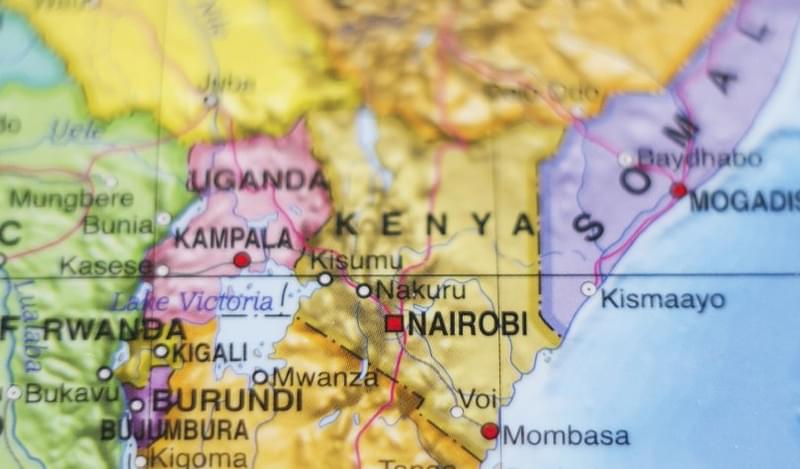Kenya is again looking to tap the international capital markets with a Eurobond issuance, and according to the country’s Finance Minister, the sovereign will be able to achieve pricing within double digit figures.
According to Bloomberg, the country issued US$2.82bn in Eurobonds in 2014, with yields for 10-year notes starting at 6.875%.
However, investors don’t think the sovereign is likely to gain better pricing this time around.
“Kenya is unlikely to issue at the same spreads, or tighter, than it did last time around,” said Joe Delvaux, senior fund manager at Duet Africa Credit Fund, Duet Asset Management.
Local currency issuances have been ahead of target, and this has had an overall impact on the debt matrix of country. Bloomberg noted that Kenya is looking to borrow KES462bn (US$4.6bn) externally to fund a budget shortfall.
Aside from leverage, Kenya is also likely to have to pay a higher price on any new Eurobond due to political volatility. Elections, which are expected to be help in 2018, may be far off, but there has already been violence at a number of rallies.
“Investors are likely to remember the violent elections in 2007 and 2008 due to tensions amongst various ethnic groups within the country, and will remain wary.”
To keep investors interested, the Kenyan authorities have gone to great lengths.
“Kenya has become very market friendly in terms of communication. For the upcoming Eurobond, officials have already visited London a few times, including the Finance Minister. They are trying to keep investors up to date and there has been a big PR drive,” Delvaux noted.
Although the openness being demonstrated on behalf of the Kenyan authorities will likely attract demand, the planned Eurobond is unlikely to price as tightly as some in the region.
Delvaux noted that Kenyan spreads were unlikely to be tighter than those of Nigeria’s. He did however note that they would be well within Ghana’s.
Kenya’s 2024 notes are currently yielding around 8.5% according to Bloomberg. This is in comparison to Gahan’s 2023s which are yielding 13%.
Although Kenyan spreads used to be tighter than Nigeria’s, Nigeria is currently the benchmark in the Sub-Saharan African space, off which everything is priced.
Kenya’s debt to GDP levels, which stand at 48% and could rise to as high as 74% according to Bloomberg, have contributed to a widening in its spreads. Nigeria’s debt, on the other hand, amounts to just 16% of GDP.
Despite Kenya’s high level of debt to GDP, investors still view the country’s debt favourably; its outstanding 2024 Eurobond is highly liquid and is one of the main listings on African indices.
Kenyan debt is popular enough foreign investors to hold a significant amount of the country’s local currency bonds. Traditional investments towards Nigerian local currency bonds may have moved into Kenya as Nigeria is almost un-investable on the local currency side due to a lack of liquidity. Inflation is higher than what the local bonds actually yield.
As a result of the country’s popularity in the debt space, the new Eurobond, although not pricing as tightly as the last issuance, could not be far off. Delvaux noted that everything depends on market timing, adding that the new issuance could be just under 9%.









